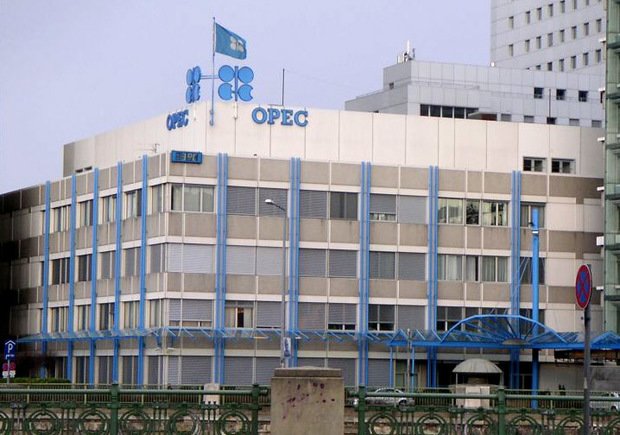Russia to discuss flexible oil output with OPEC in June
When OPEC-non-OPEC coalition will revise its oil output cut deal at the end of June, flexible production ceiling may be applied amid concerns about Venezuelan and Iranian potential output fall that can potentially cause the market's destabilisation. In recent days, oil prices have reached their highest level in more than three years.
Russian Minister of Energy Aleksandr Novak promised to discuss the issue of potential flexibility of oil production in response to concerns about Venezuelan and Iranian crude output fall at the OPEC-non-OPEC ministerial meeting in June, reports Platts. ''We will definitely discuss the issue,'' he told reporters on the sidelines of the St Petersburg International Economic Forum.
Analysts expect that Venezuela's oil production will fall by 200,000 bpd drop in the near future. In recent years, the country's oil industry has faced difficulties due to an economic crisis. As for Iran, industry experts estimate that it could lose up to 500,000 bpd immediately because of the latest US sanctions. Therefore, the market is full of concerns about the coalition's ability to compensate for the potential shortages. Russia, together with Saudi Arabia, Kuwait, UAE and Iraq, seems to be the key countries able to boost supply. ''We have all the tools to react quickly and take any decisions,'' said Minister Novak.

At the end of June, Novak will meet with other senior officials of oil-producing countries including OPEC President and UAE Oil Minister Suhail al-Mazrouei in Vienna. The latter told S&P Global Platts last month that OPEC was working on a ''flexible and dynamic'' proposal. It is likely that the ministers are weighing up changing the terms of the deal, as the market has been stabilised and oil prices have hit their highest since November 2014 in recent days, assumes Platts.
CEO of Lukoil Vagit Alekperov also considers that the production limits should be flexible. ''The agreement has balanced the market, has made it more predictable so we need to act more flexibly, based on the market situation,'' said the businessman, adding that he hoped that the upcoming meeting would come to some decision. According to Alekperov, Lukoil supports the extension of the basic framework through 2019 and 2020, as the deal has proved its efficiency. Earlier, Alekperov stated that the deal should have no timeframes at all in case of a flexible approach.
Lukoil's CEO expects the Russian Ministry of Energy to discuss the issue with national oil producers before the Vienna meeting. However, he pledged that his company would comply with any decision taken by the authorities.